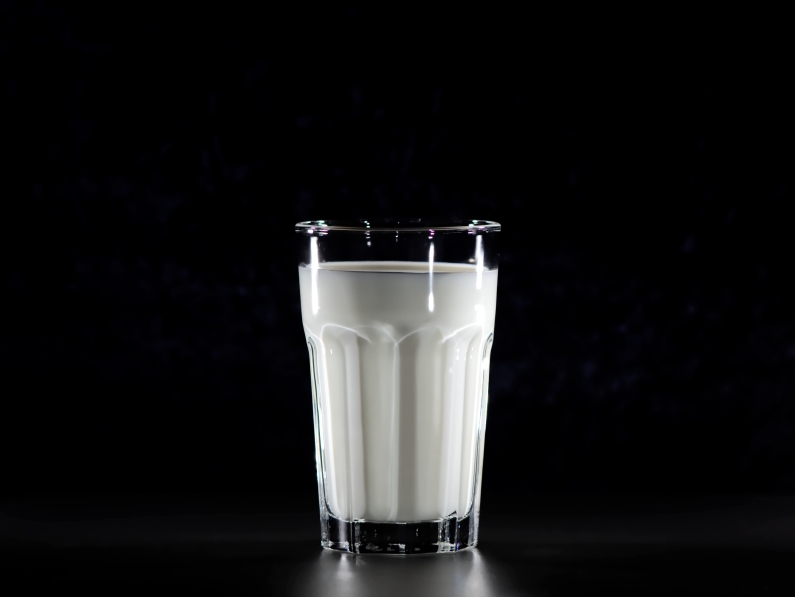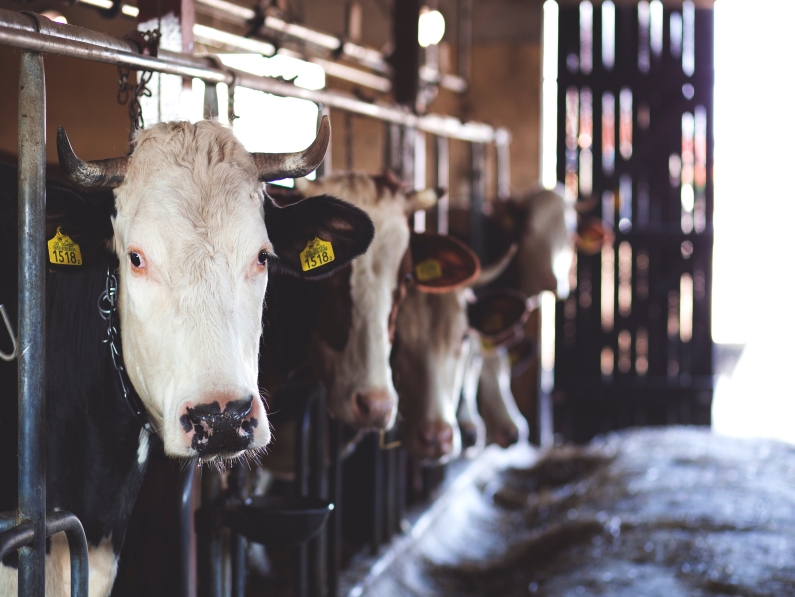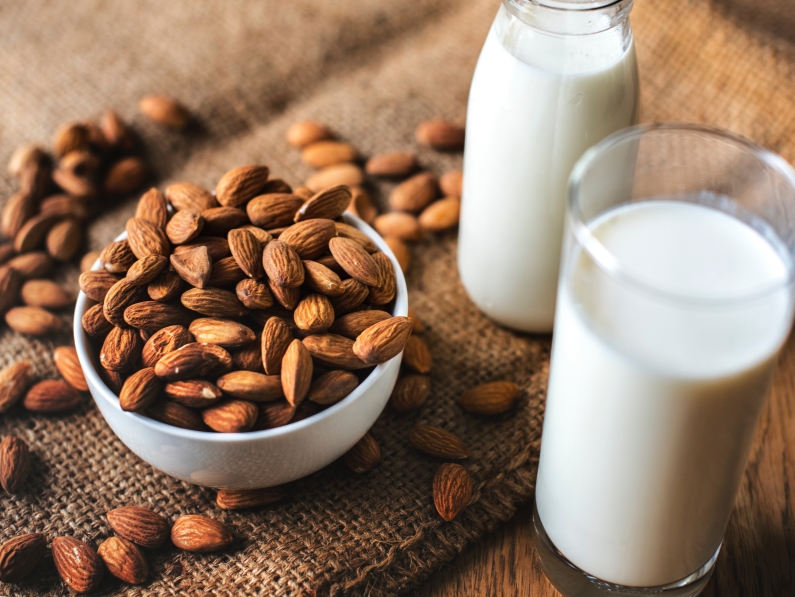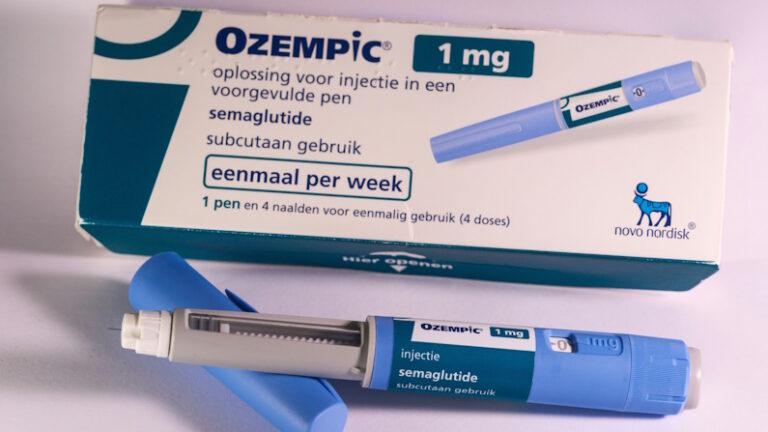Its clear that we’ve been convinced for centuries that dairy consumption is an essential part of our diet. But is milk actually good for our bodies or should it be substituted for something else? Do dairy products cause heart disease and how about the factory farming involved?
The troubling questions surrounding dairy consumption and even the benefits of milk alternatives have caused confusion, debate, and an overall cautionary approach to consumers worldwide.
Let’s take a look.

The Cold Hard Facts
- In recent studies, its been shown that more than 2 servings of dairy products daily has given men a 60% increased risk of prostate cancer.
- Dairy products, especially cheese, are a leading source of saturated fat which has a direct correlation to heart disease. Those who opt for fat free milk end up drinking a beverage loaded with lactose sugar, equal to the amount of calories in soda.
- Milk consumption by infants and toddlers is linked to type 1 diabetes as well as anemia.
- As we grow older, we tend to produce less of the digestive enzyme called lactase, which breaks down lactose from milk. This leads to significant digestive problems and by adulthood, 75% of the world’s population is unable to break down lactose.
- Dairy is an acid forming food. After consuming milk, our body’s response to the increased acid involves releasing calcium, magnesium, and potassium, which all support strong bones. It means we’re actually losing bone supporting minerals by consuming milk.
- Milk and other dairy products can actually cause low grade inflammation in our bodies. This is characterized by bloating, gas, lethargy, chronic infection, and allergies. If these symptoms become regular, dropping the dairy can solve the problem.
Factory Farming
- Factory farmed cows produce more than 20,000 pounds of milk per year.
- Female cows are manually impregnated and any male calves that are born from them are placed in crates to be raised as veal.
- The 60,000 dairy farms in the United States are the leading contributor of methane. Overall, dairy production has generated the third highest level of greenhouse gas emissions.

Is There Any Good News Left?
Well, dairy products are indeed an excellent source of calcium and protein. This helps support bone density and reduces the occurrence of fractures. As long as you’re getting between 50 1,000 milligrams of calcium per day, you’re doing your body good. It helps that milk on the market these days is fortified with vitamin D, which supports bone mass.
Its also true that the older population needs protein to protect against sarcopenia, a natural loss of muscle mass and strength over time.
What Types of Dairy Consumption Are Okay?
Almond milk and coconut milk are excellent substitutes for milk. One of the more popular beverages consumers opt for these days is soy milk. Here are the nutritional facts for one cup of soy milk:
- 131 calories
- 8g of protein (one serving of protein)
- 15g of carbohydrates
- 4g of fat
- all 9 of the essential amino acids
- 1.2 grams of sugar
- 299 mg of calcium
If you want more calcium, eat kale, spinach, or almonds.
A great dairy product without the sugar is unsweetened Greek (or natural) yogurt. The fermented live cultures are an excellent source of probiotics that lead to a healthy digestive system. Probiotics are essential because they are what make up the good bacteria in our bodies.
If you’re adamant about your milk, stick with fat free or low fat products. After all, its still better than full fat cream, which is the biggest threat to your heart health. Whats also confusing is a report released in 2018 that showed you’d have to consume almost a liter of milk a day to really correlate your consumption to any risk of cardiovascular disease.

The Bottom Line About Dairy Consumption
While you can still enjoy you’re dairy – be smart about it. Know that most dairy products, the biggest culprit being milk, are high in fat and possibly cholesterol. The ones that appear low-fat are still chock full of sugar and lactose – a hard to digest enzyme.
Try opting for dairy substitutes like soy milk or almond milk, or even vegan butter. Some flavors are certainly comparable and definitely worth the effort. If you have to have your dairy fix, always study the nutritional labels on products and look for less fat and sugar.
Be aware of what you put into your body – for the most part, dairy products in the U.S. come from factory farmed cows that have been pumped with hormones, antibiotics, and were possibly treated unethically. Your food should always come from reputable and humane sources, even if that means forking out a little bit more cash or driving the extra mile for an organic or grass-fed dairy product.
For more information on the risks of dairy consumption, visit
https://www.pcrm.org/good-nutrition/nutrition-information/health-concerns-about-dairy .







